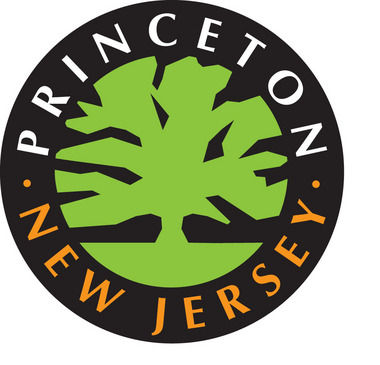By Philip Sean Curran, Staff Writer
Mayor Liz Lempert this week sought to build the case for Princeton to require private sector employers to provide paid sick leave to their full and part-time employees, despite concerns within the local business community.
A select group of merchants invited to attend private information meetings were not discussing what was said at sessions on Wednesday and Thursday. They were billed as frank and open discussions, to allow merchants to learn and ask questions on a policy that Mayor Lempert supports.
She declined on Thursday to divulge any details of the conversations, only that there will be further discussions. None have been scheduled.
The New Jersey Working Families Alliance, a liberal political advocacy organization, this month lobbied the council to create the mandate. Representatives of the organization, who attended Thursday’s meeting, want to see employers with 10 or more employees provide up to five days of paid sick time; while those with nine or less would have to provide three.
Sick time would be earned at a rate of one hour for every 30 hours worked. Advocates for the measure say sick pay is a public health issue.
If council goes along as expected, Princeton would become the 10th town in New Jersey that imposes a mandate on employers. Should Princeton follow the lead of those other nine towns, the requirement would even apply to companies headquartered outside of Princeton but who have employees who work more than 80 per year in town — the equivalent of two weeks.
That could have major implications for landscapers and other businesses in the region, effectively casting a much wider net on employers than just those who are physically located in Princeton. It likely would lead to higher costs of doing business in town.
At the moment, those laws in the other towns exempt municipal government. But Mayor Lempert said the town would investigate its sick pay policies, chiefly for summer help.
At both days, the guest list read like a who’s who of business leaders: restaurateur Jack Morrison; John Marshall, president of the Princeton Merchants Association; Lori Rabon, general manager of the Nassau Inn; and Kristin S. Appelget, director of community and regional affairs at the university.
Peter M. Crowley, the president and CEO of the Princeton Regional Chamber of Commerce, left Thursday’s meeting declining to comment.
Princeton University, the largest employer in town, would be impacted, particularly for part-time student employees. Ms. Appelget said on Wednesday that the university does not have a position yet because “because there does not appear to be a specific proposal or ordinance for Princeton.”
New Jersey Working Families, however, has said that it expects council to introduce an ordinance “soon.”
In speaking to reporters earlier in the week, Mayor Lempert said the council would wait until after August to consider any such measure.
“I feel this is an important issue and it’s something that’s being talked about at all levels of government all over the country,” she said Monday. “And I think it’s important that we talk about it here in Princeton, so that’s why we’re talking about it.”
In her comments, she said Princeton needed to be a “humane town” and pointed to other policies that officials have taken along those lines, including a measure to crack down on wage theft.
Mayor Lempert said that as a “general rule of thumb,” the council does not consider “controversial” legislation in August, typically a dead month in town when many residents go away.
“We want to make sure people have a chance to make their voices heard and to help us in crafting good legislation,” she said. “I don’t see us moving on this particular issue – because I know there’s a lot of people who have strong feelings about it – until the summer’s over.”
“(D)oing it on the local level is not ideal,” she said. “But a lot of the things that we’re being asked to do at the municipal level are because action that should be taken at the state level and federal level is not being taken. So then your choice is either do nothing or try to do something that’s hopefully better than nothing at the local level.”
Legislation is moving through Trenton to have New Jersey become the fourth state — after California, Connecticut and Massachusetts — to have mandatory paid sick leave.
“Earned sick leave is a basic workers’ right that should be extended to all employees,” said state Senate Majority Leader Loretta Weinberg, (D-37), in a news release issued Monday.

